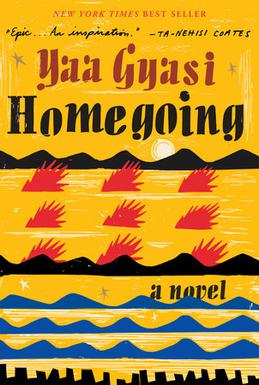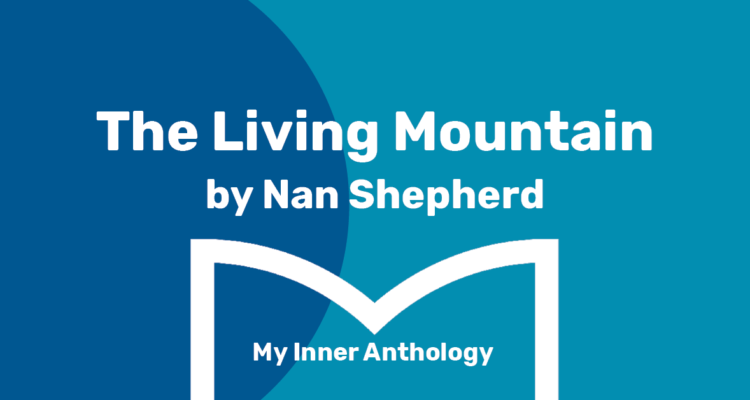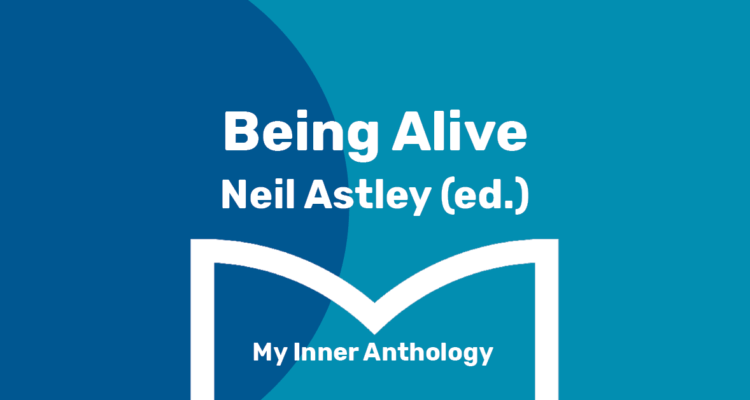My Inner Anthology: Homegoing by Yaa Gyasi
London Development Manager Suvi Dogra, recommends Homegoing by Yaa Gyasi. Check out the rest of our readings for Black History Month and download our calendar here.
When Mark Crees introduced the Inner Anthology for the Reader Magazine back in 2004, he offered thoughts on what goes into the anthology. He wrote, ‘Again, it is not really a matter of choice – your poems will choose you. If you encounter a poem that speaks to your innermost self it will go in your brain almost without your noticing it. Bits of lines stick out like awkward twigs and catch at my sleeves until I have to go back to the printed word and start the work of remembering it. Sometimes a fragment of line comes to me in a confused or mutilated form…’ While he said it in the context of poetry, I find his observation equally relevant for prose. Yaa Gyasi’s Homegoing did exactly what Mark describes, lots of lines sticking out throughout the interwoven stories in the book, stretching my thinking, compelling me to remember and reflect and making its way into my inner anthology.

The novel begins with the stories of two Ghanaian half-sisters -- Effia and Esi -- of the Fante and Asante tribes. Anchored in the narrative of slavery, Yaa Gyasi weaves a sprawling and rich tapestry of stories of Effia and Esi’s descendants traversing not only generations but also time and continents. Reading about slavery is a complex and disconcerting exercise and I firmly believe a book situated in this narrative should not only make one uncomfortable but also prod us to question, and of course help us remember. Navigating and holding the threads of each story, be it in the Ghanaian Gold Coast or the American South, in itself is impressive, but the fact that each story presents different lived experiences of slavery, to me is the core of this novel. To that end the book reinforces what Harper Lee once said, “You never really understand a person until you consider things from his point of view … Until you climb inside of his skin and walk around in it.”
The stories in Homegoing are unique to each character’s experience. However, there is a common thread of human experience that runs through them. Be it right at the beginning when Effia is married off to an Englishman and moves to live in the Cape Coast Castle, where unknown to her, Esi her half-sister is imprisoned in the dungeon as a slave. Or the last chapter which brings us the story of Marcus who goes to Stanford and studies the convict-leasing system that condemned his great grandfather. And finally it all comes to a full circle when he meets Marjorie and their mutual history and lineage takes them miles away to the Cape Coast Castle, right to where the stories of their ancestors, and in turn their own, began. How does one even begin to comprehend the effects of these experiences which can last for generations?
The story that struck me the most is that of Yaw, a teacher whose face bears the scars of prominent burns due to an accident involving his mother when he was an infant. The circumstances were tragic but he grew up to be a conscientious history teacher. However, the source of his scar is a subject of constant speculation especially among his pupils. The students offer a few theories about how he could have got this face disfigured. Being an educator, Yaw turns it into a teaching moment and asks, ‘History is storytelling. And everyone has a story about a certain thing. Then whose story is correct?’ A student responds, ‘… we cannot know which story is correct because we were not there.’ Yaw concurs and adds, ‘This is the problem of history. We cannot know that which we were not there to see and hear and experience for ourselves. We must rely upon the words of others...But now we come upon the problem of conflicting stories…Whose story do we believe, then?’
Challenged by the question, the students fall silent but Yaw comes to their aid, ‘We believe the one who has the power. He is the one who gets to write the story. So when you study history, you must always ask yourself, whose story am I missing? Whose voice was supressed so that this voice could come forth? Once you have figured that out, you must find that story too. From there, you begin to get a clearer, yet still imperfect, picture.’
This was the most poignant moment in the book for me. It is easy to forget the lost stories despite being aware that they exist. Sometimes we ponder over them, other times they fall from our thoughts as leaves in autumn. Homegoing is a recent addition to my inner anthology but one which I feel will continue to remind me that there are always new perspectives to explore and I must try and find the missing stories and not live in binaries.
Share
Related Articles

My Inner Anthology: As You Like It by William Shakespeare
Reader Leader, Lizzie, recommends As You Like It by William Shakespeare. In May the theme for our Daily Readings is inspired by The…

My Inner Anthology: The Living Mountain by Nan Shepherd
Teaching and Learning Coordinator, Lisa Spurgin, recommends The Living Mountain by Nan Shepherd. In May the theme for our Daily Readings is…

My Inner Anthology: Being Alive – Neil Astley (ed.)
Reader Leader Lizzie, recommends and reads from 'Being Alive' - Neil Astley (ed.). In May the theme for our Daily…


